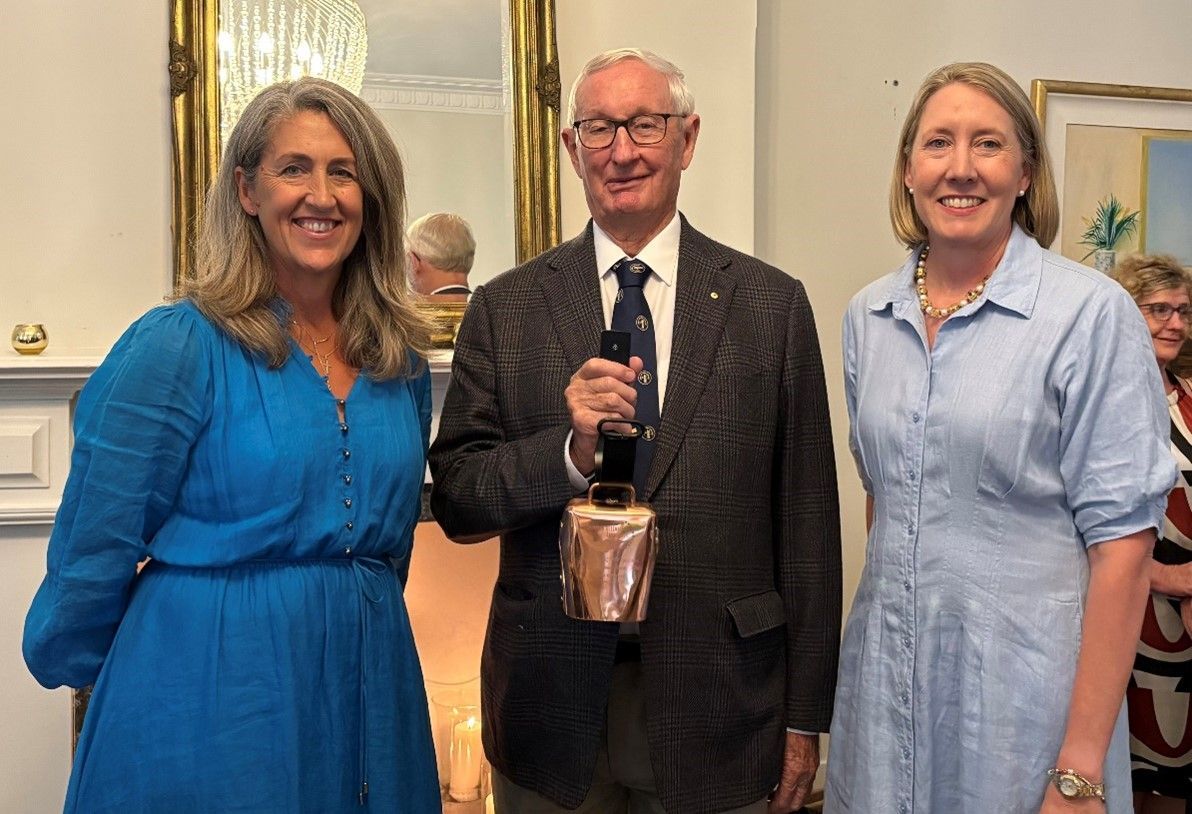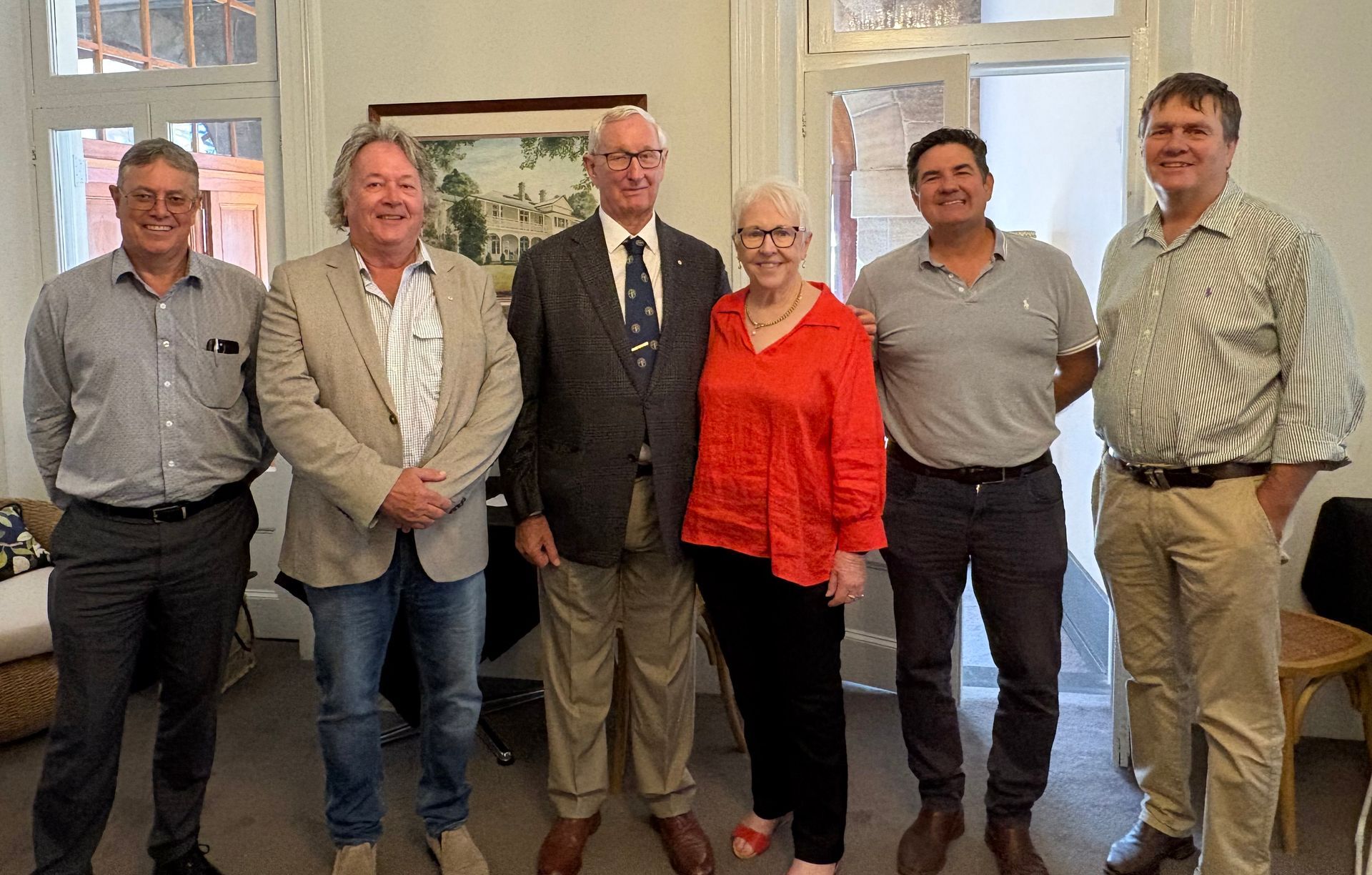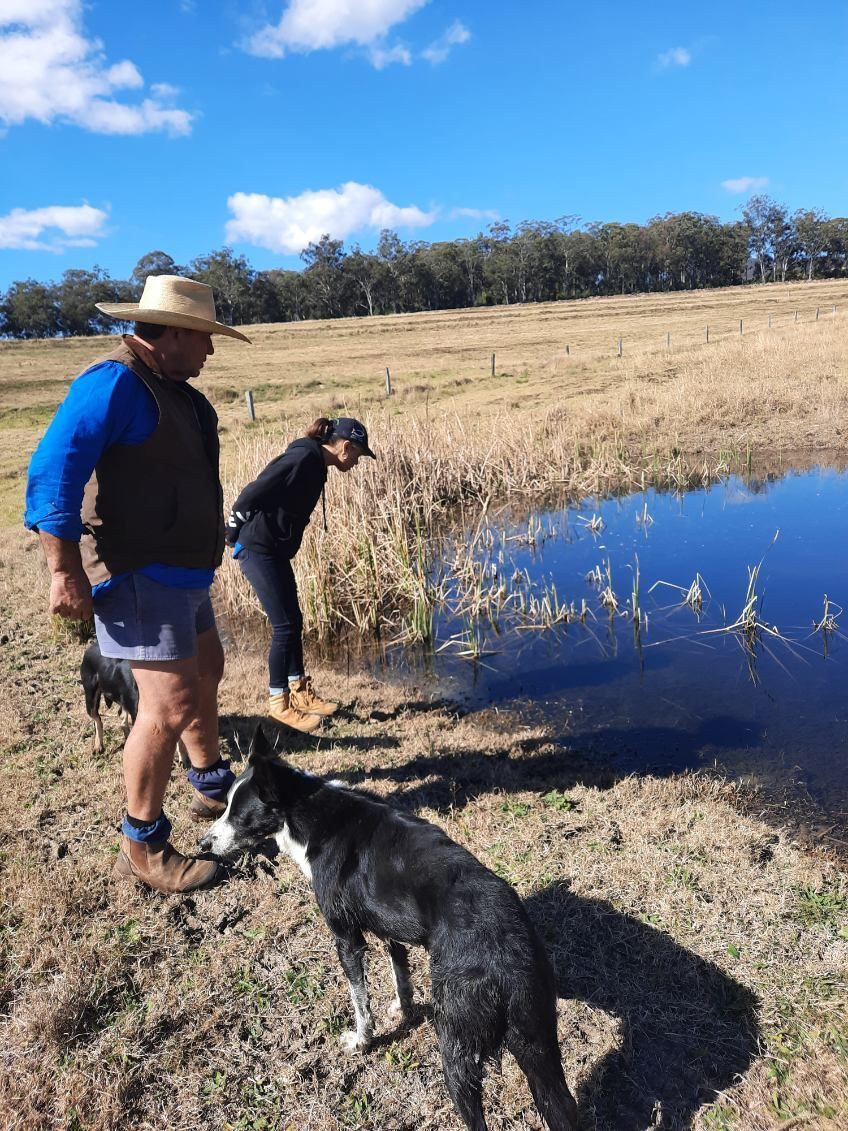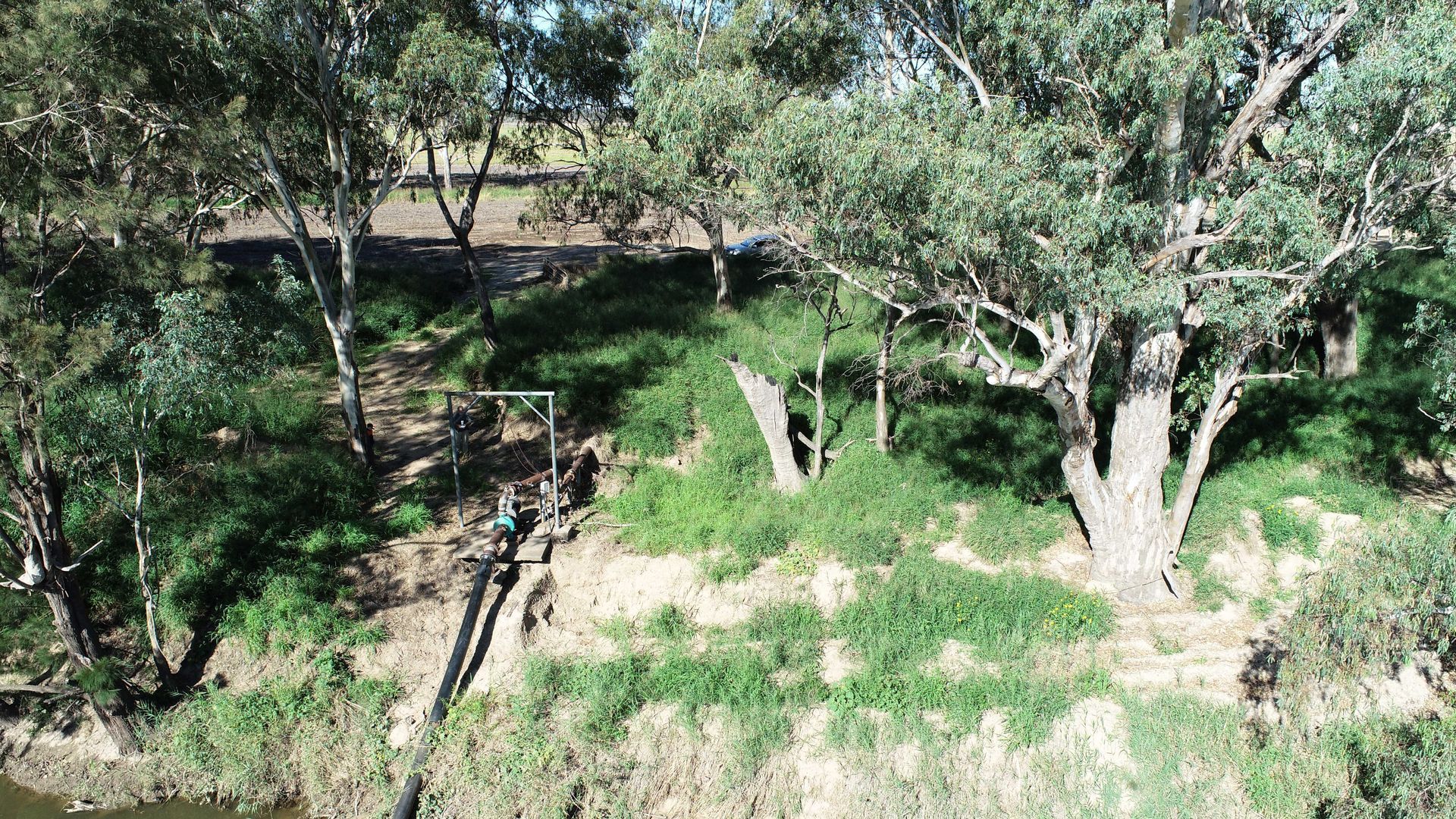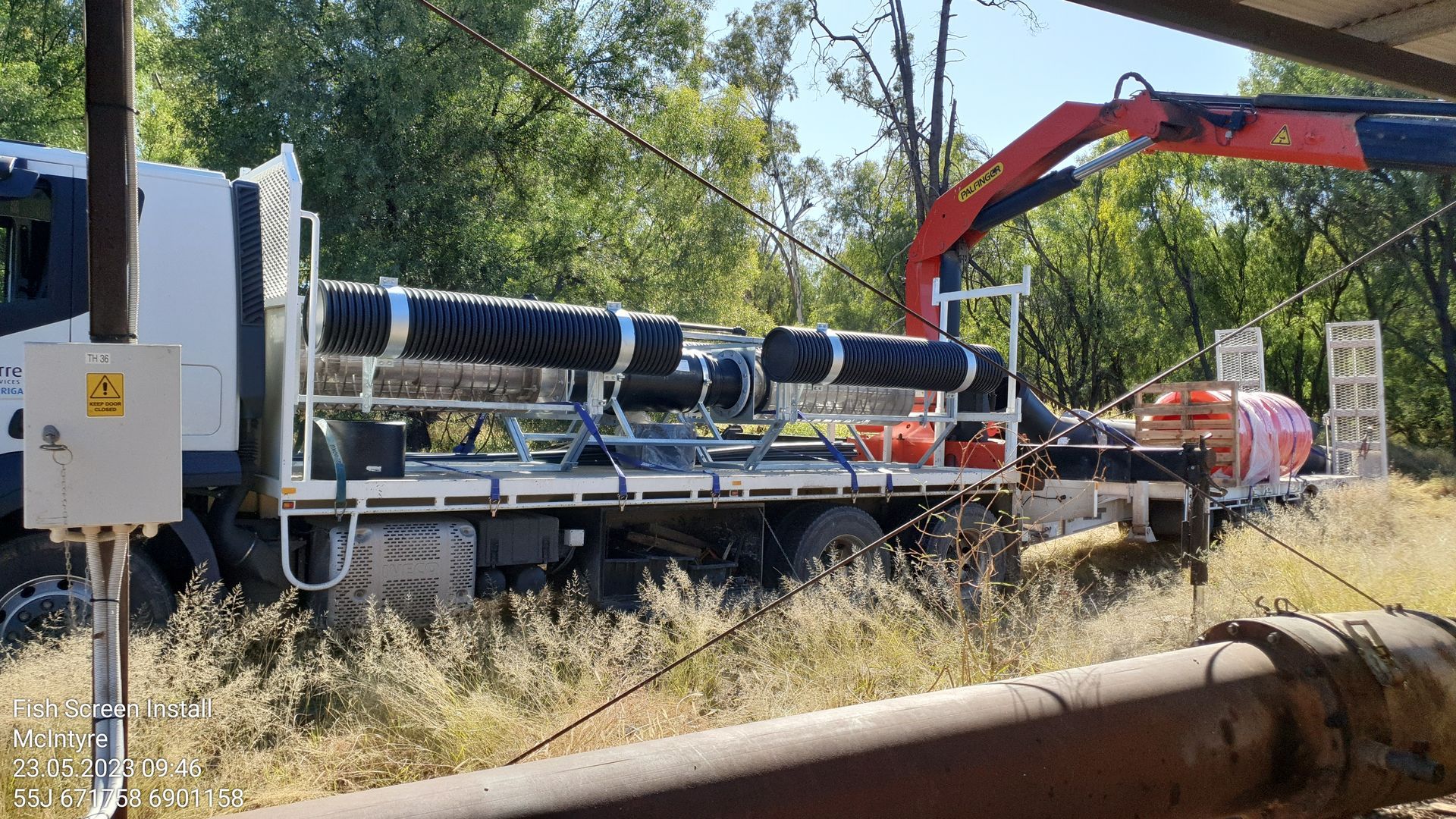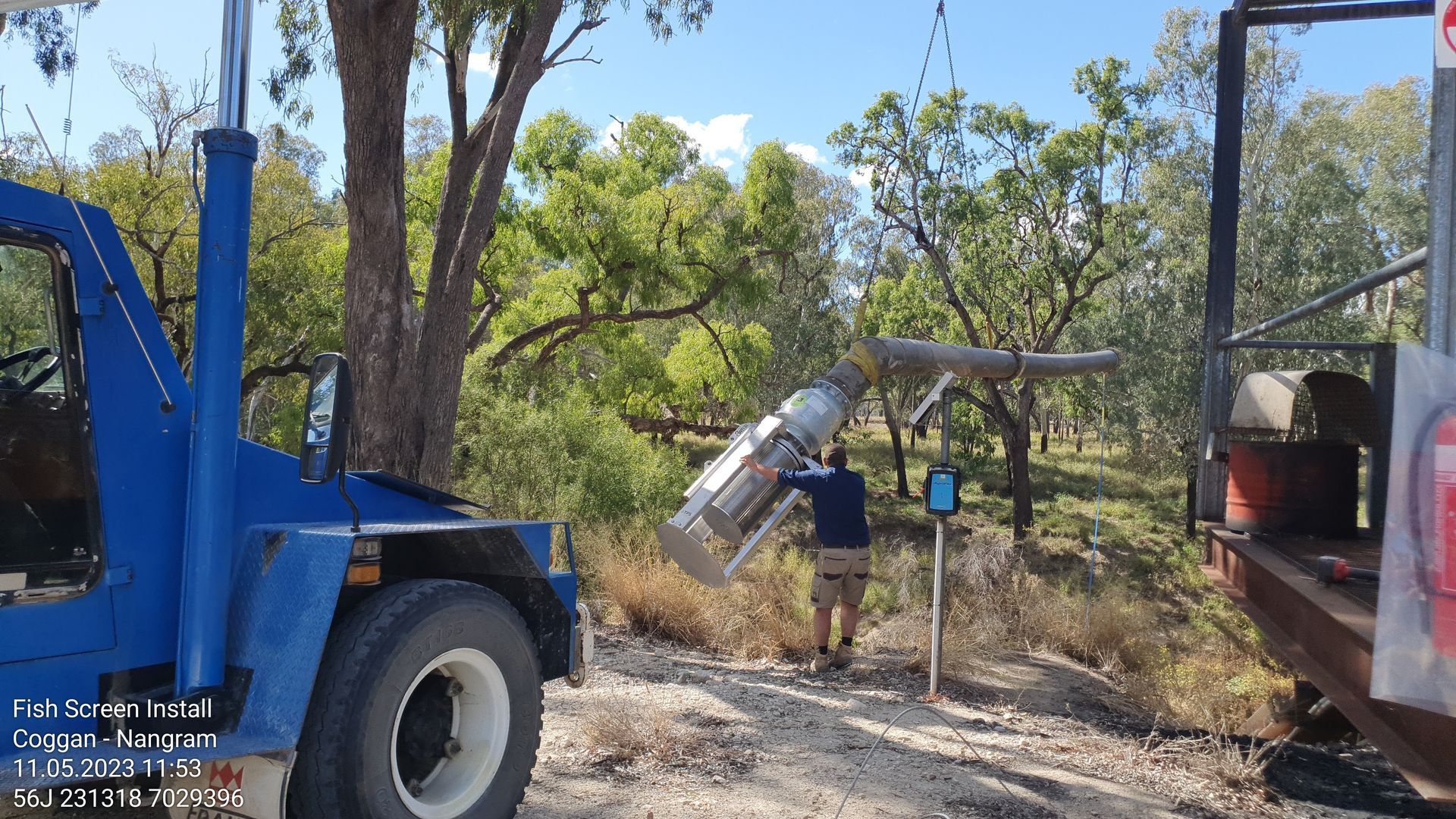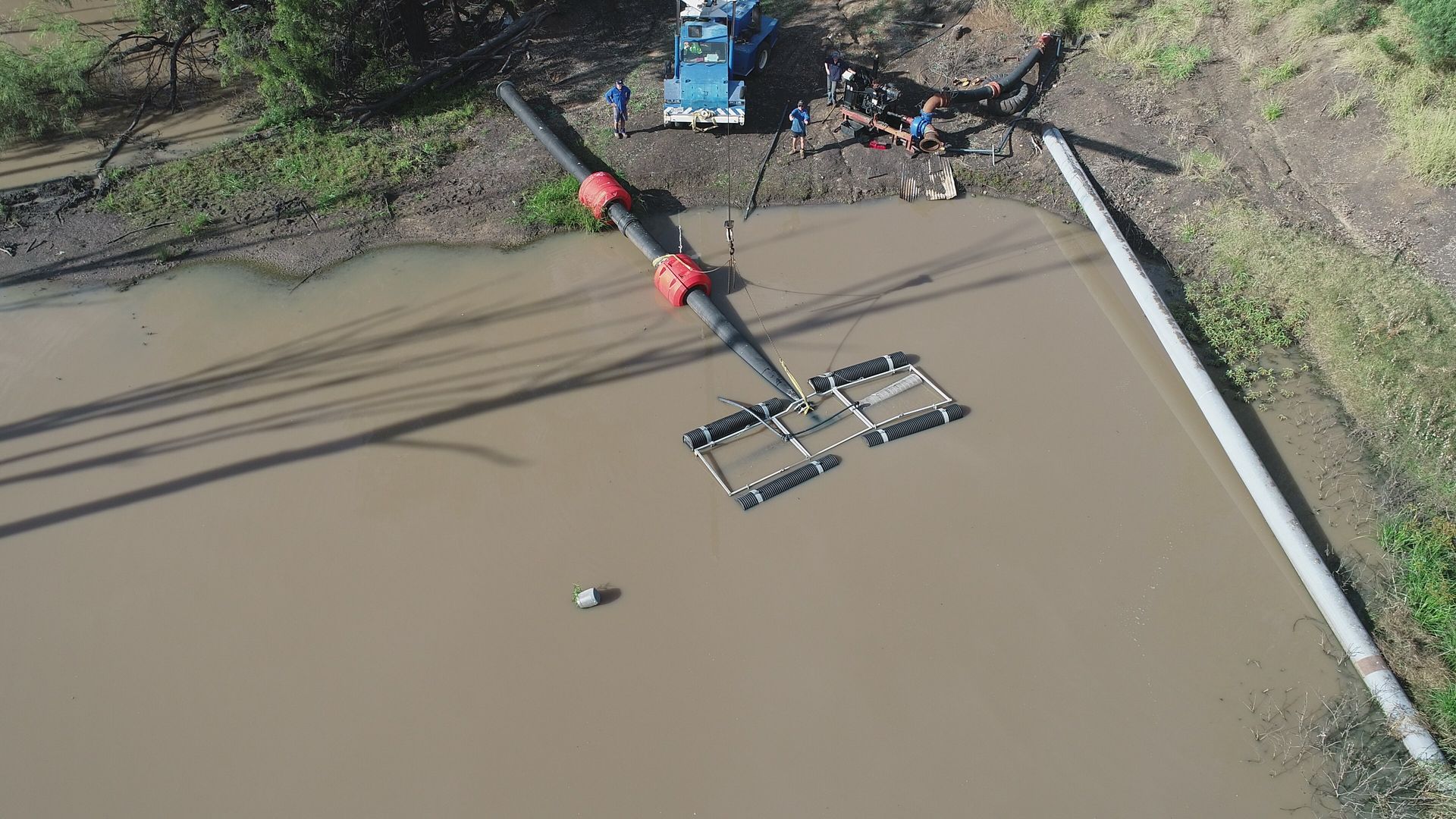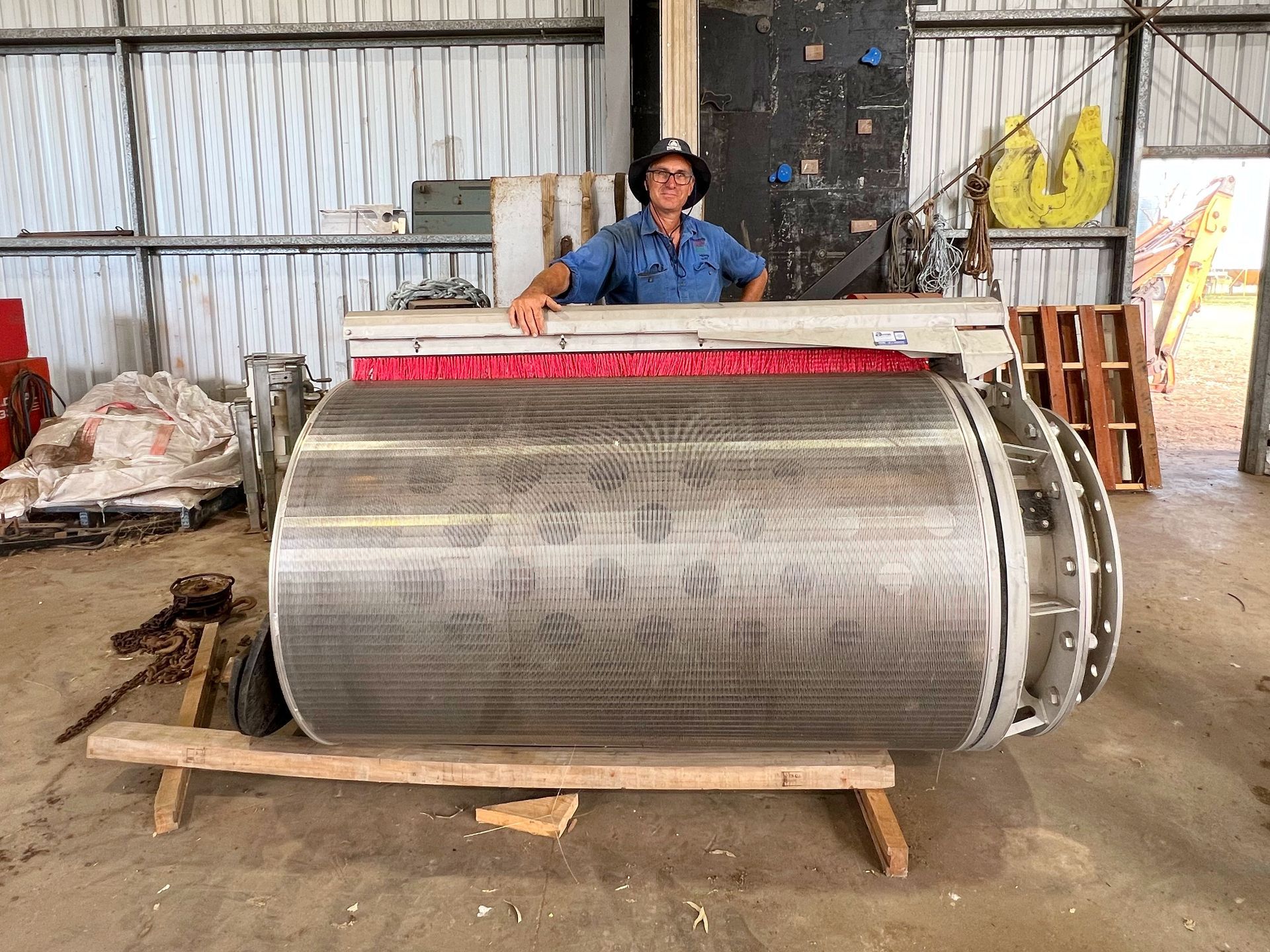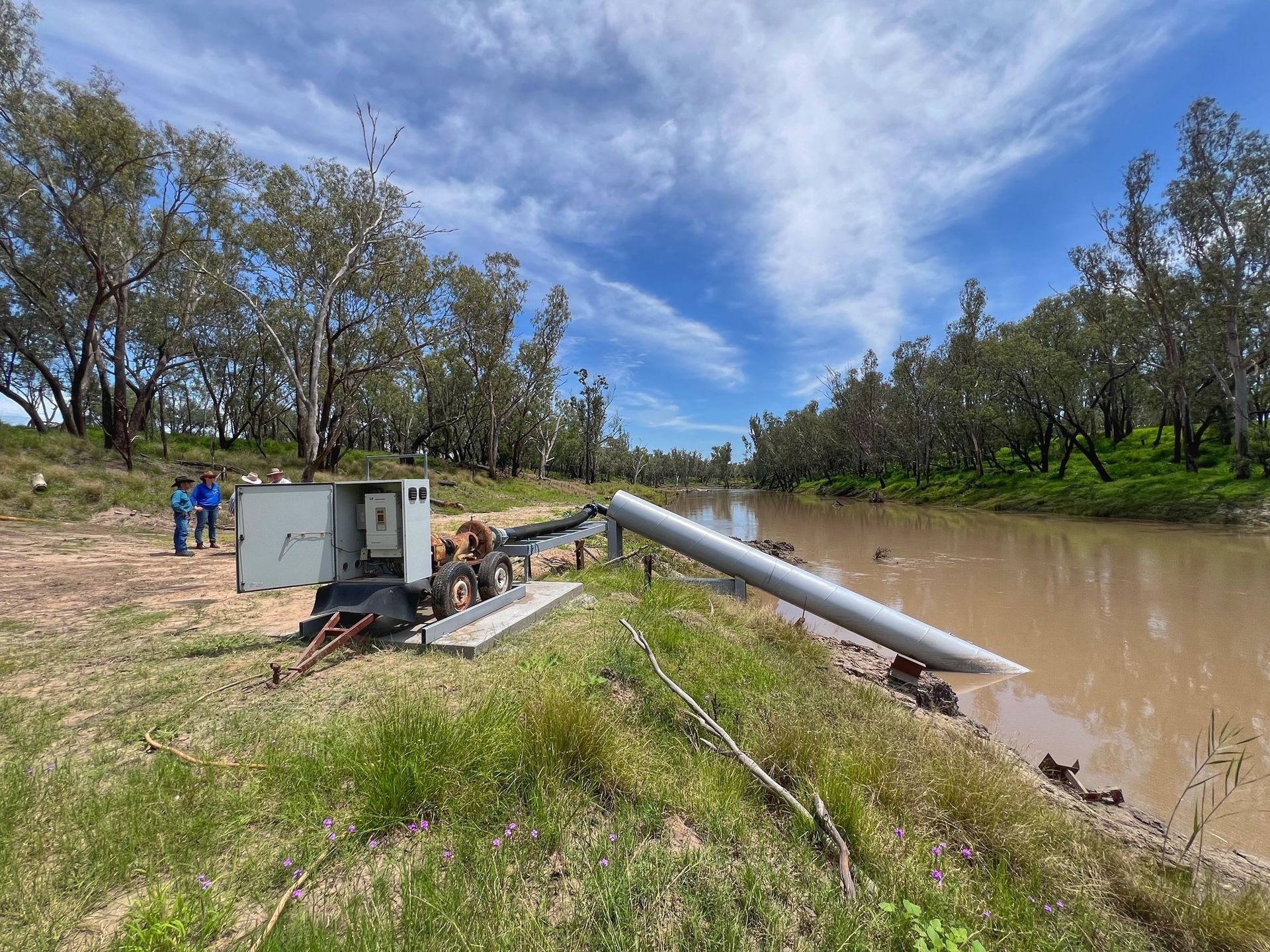By Kellie Stewart
When land managers Phil & Anne Donges entertained the idea of retirement they looked to the natural assets of their property located between Yelarbon, Inglewood and Texas to provide the answer.
For almost 90-years ‘Glenarbon’ had supported generations of the Donges family; with key crops and land use pivoting numerous times as a result of market demands, economic climates and practice change.
“Glenarbon was established back in 1932; our family came out then and it was to grow tobacco, that was in the middle of the depression,” Phil Donges said.
“Five years ago we sold our main farm about 10-kilometres down the road and we decided to go into semi-retirement keeping about 100-acres of the original farm along about 1-kilometre of the Dumaresq River,” Mr Donges said.
“We’re using Glenarbon now to run a few head of steers and then we’ve also gone into this eco-tourism where people can come and enjoy the environment like we like it ourselves,” he said.
“We saw the ecotourism as an opportunity to give us some extra income by going into the camping side of things, but also to diversify our business so that we could in tougher seasons rely less heavily on livestock and more on the natural assets of the farm.”
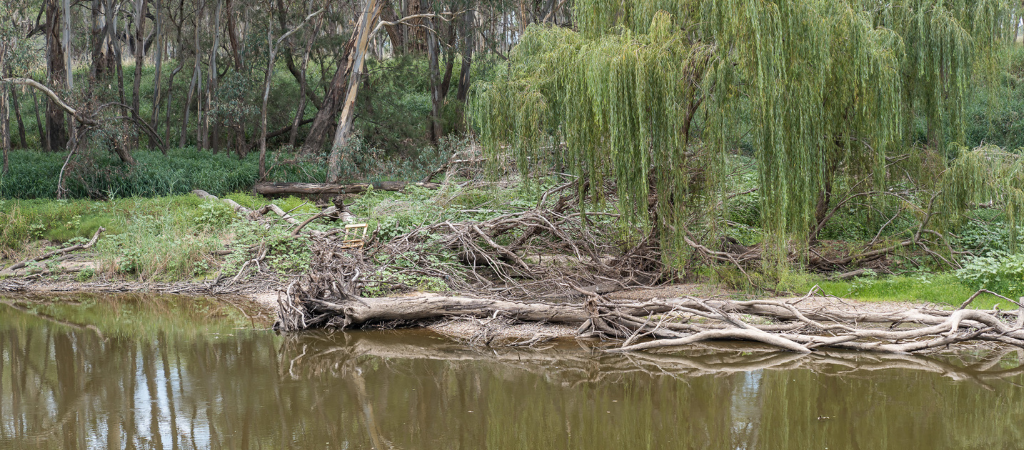
By excluding livestock access to the river Phil Donges has stabilised the riverbanks, improved vegetation cover and increased biodiversity.
In 2022 the Donges partnered with natural resource management group Southern Queensland Landscapes to further protect the pristine stretch of the Dumaresq River by fencing off the riparian zone to livestock.
SQ Landscapes Project Delivery Officer Sophie Parker said by removing livestock access to the waterway the Donges have increased biodiversity, and improved the water quality for native fish living there.
“The State and Federal Government have invested in the Northern Basin Fencing Program to reduce erosion along the riverbanks, help farmers maintain their stock and exclude them from the waterways and to improve the water quality and biodiversity of the rivers as there are over 50-species of fish in these waterways,” Sophie Parker said.
“Part of that funding was given to Phil and Anne to fence off their waterways from stock and maintain some of the beautiful riparian areas that they have on their property,” Ms Parker said.
“Phill and Anne have diversified the business on their property multiple times; they make a point of not interfering where they can and allowing nature to take its course; by doing this they’re ensuring that the biodiversity values remain high,” she said.
“This is a win-win all round for Phil and Anne as they enter retirement, but also for their business which has pivoted again to embrace changing environments and for this stretch of the river which is being protected and valued for its natural beauty and the role it plays in maintaining a sustainable and healthy river system and the native animals that supports.”
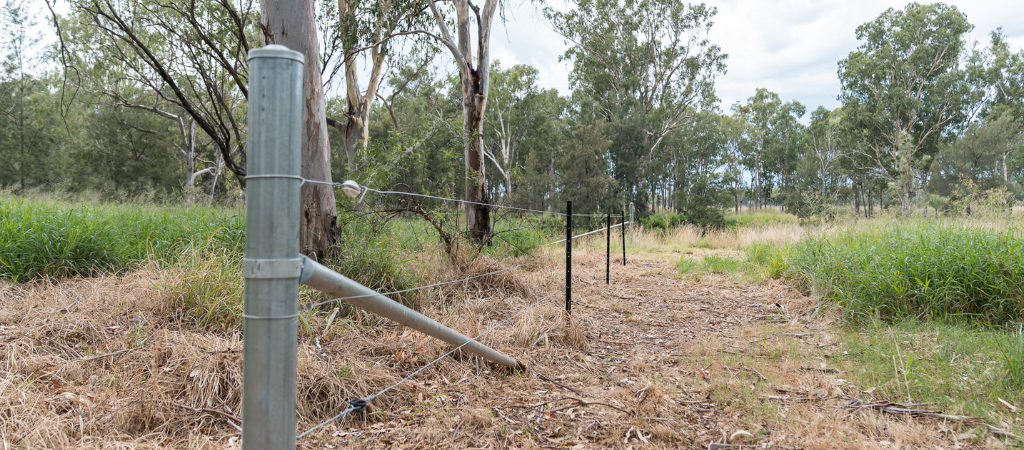
The Donges partnered with SQ Landscapes to install fencing along the riverbanks and exclude access to the river by livestock with the view of improving water quality for native fish.
The Donges also believe the ecotourism side of their agricultural enterprise now plays a very important role in educating people about the importance of sustainable land management practices.
“Most of the people that come out, do like to spend some money in the country towns and working in with other local businesses just shares that money around and the fact that we are only two hours from Toowoomba and three hours from Brisbane, people don’t mind travelling out here and the fact that we have been getting a large number of return visitors who love to come here and most times they bring other family and friends out too or introduce others to come out and enjoy it as well; you know they have the opportunity to kayak here, and swim or fish in the river which is really great,” Anne Donges said.
“Working with nature and you know you can always see the improvement in the soil and the pasture that grows and the camping side of things you’ve got the people you meet and it’s really great to give them an education and for us to see them happy makes us happy,” Mrs Donges said.
“Most people when they arrive say “wow” and in five minutes they say yes we will come back and we will be bringing mum and dad or whoever and that does happen,” Phil Donges said.
“It’s just a combined thing, the livestock and the ecotourism together, that has made it really worthwhile,” Mr Donges said.

